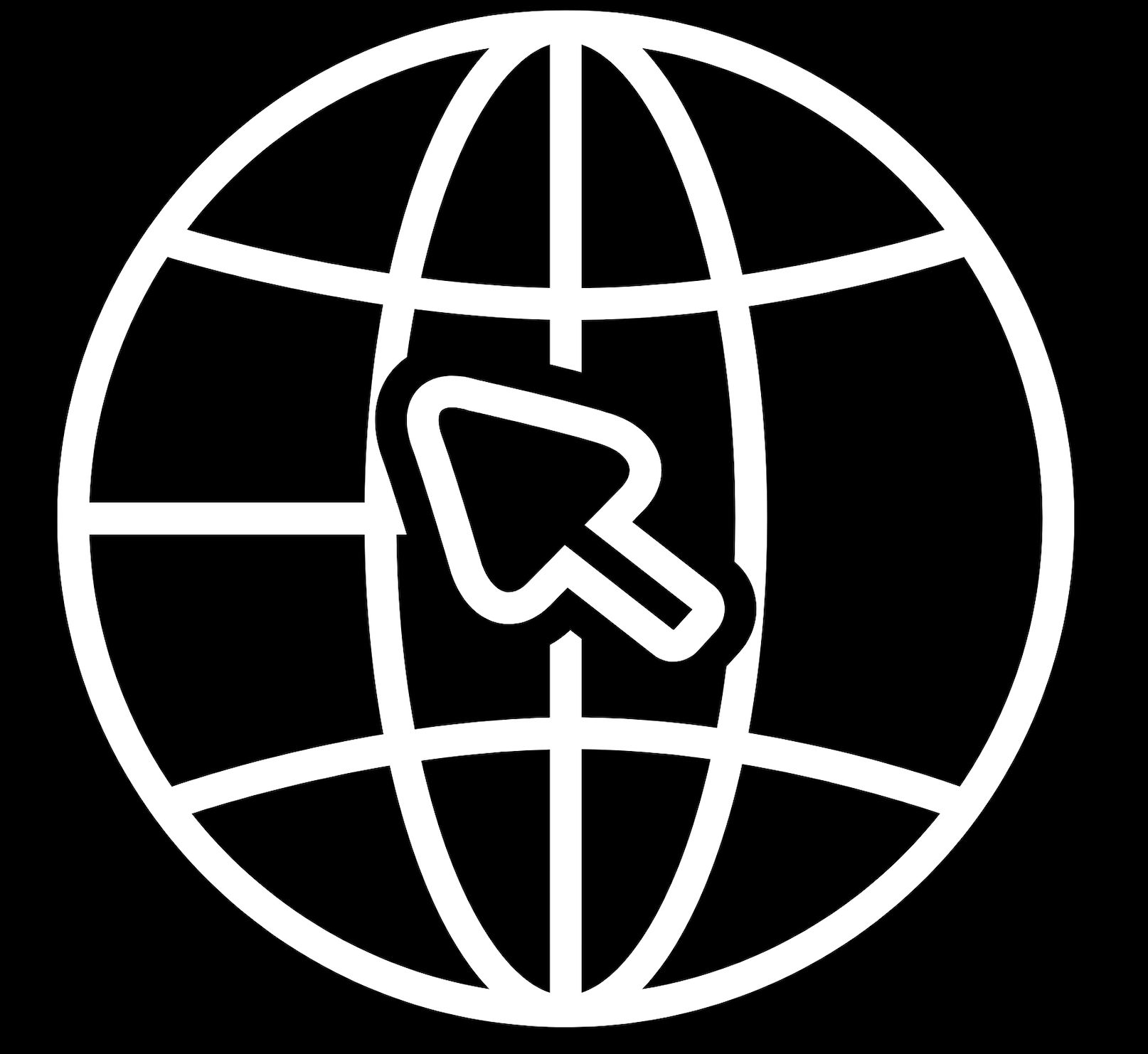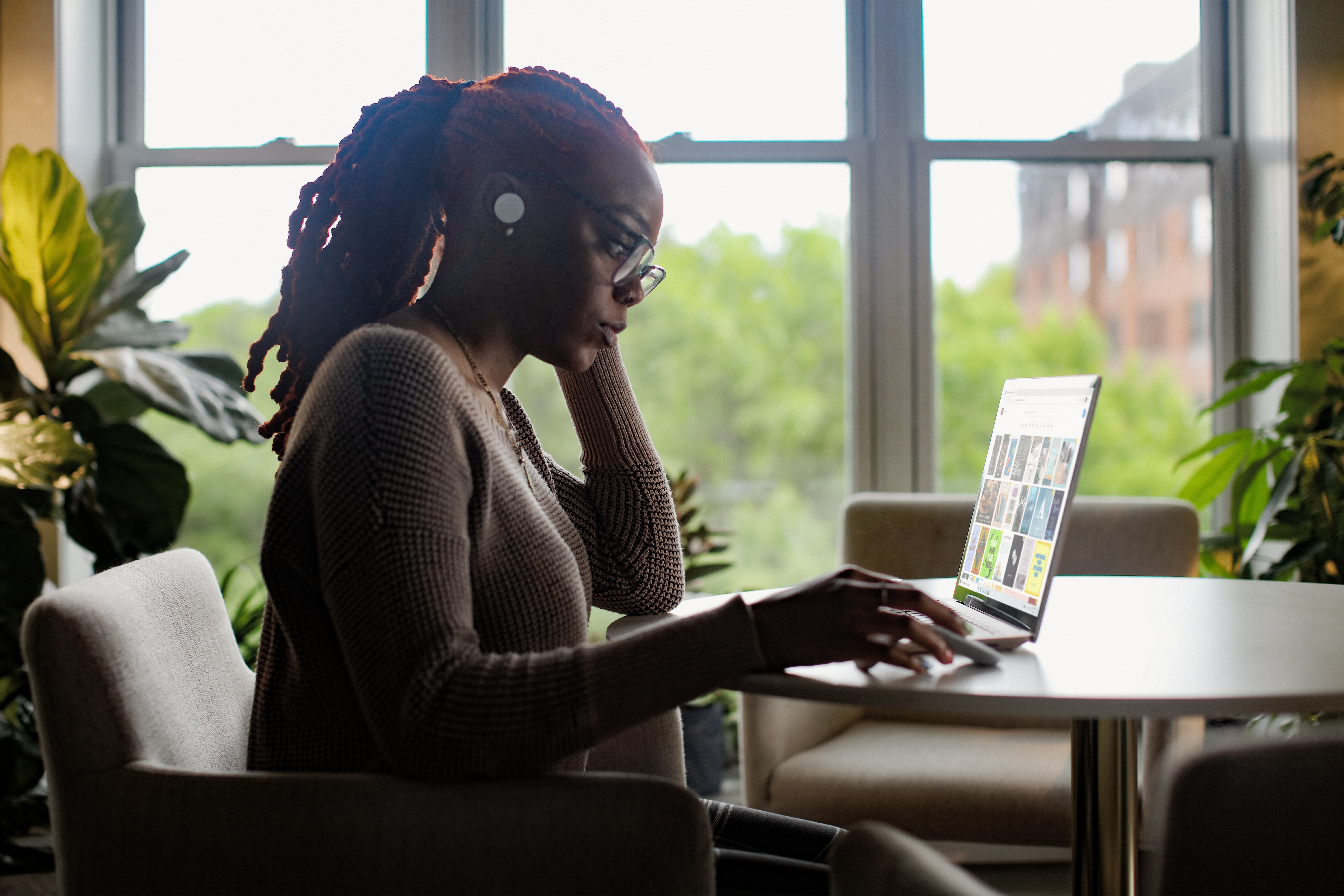The Darkest Net .

One does not have to spend long on the internet to see vile, offensive, or otherwise malicious content. The classic example is the comments section of a political YouTube video, where interlocuters compare each other to historical tyrants. In Jamie Bartlett’s book The Dark Net, the journalist explores the Dark Net, which he defines as “internet underworlds set apart yet connected to the internet we inhabit, worlds of freedom and anonymity… often uncensored unregulated and outside societys norms.”
The book begins with a short history of the internet, including the impact of Bulletin Board Systems and the cypherpunk movement — an idealogy centering around cryptography and libertarianism. The cypherpunk movement epitomizes the central question implicit in the book: to whom do we give the power of the internet to, average users or a central authority, like government?
Along the book’s mostly predictable path, the usual crimes and taboos of society are explored: trolling, child abuse imagery, hackers, drugs, and pornography. In one chapter, Jamie orders a small amount of marijuana on the Silk Road 2.0 to illustrate the ease and professionalism of illegal drug marketplaces. In another, he visits “Paul,” a British-man who spreads his far-right views using Facebook, blogs, and other easily-accesible sites.
Paul’s story illustrates the true danger of the internet, more so than any of the other topics discussed. While the book was published in 2014, in 2021 we see that the internet has created violent extremism and misinformation on levels never seen before. This misinformation includes lies about COVID-19 and vaccines, which proliferate on Facebook, while the extremism includes ISIS propaganda and neo-Nazism.
In response to Bartlett’s definition of the Dark Net, I posit my own definition, the Darkest Net:
The Darkest Net is the internet that brings out the worst parts of ourselves: the social media feeds which increase political polarization, messaging platforms which leave users feeling lonely, and feedback mechanisms that leave some addicted to the internet.
While it is easy to condemn the Dark Net, this is not the case with the Darkest Net, as we all inhabit the Darkest Net. We all share misinformation on Facebook, argue in comment threads, and seek information which confirms our own biases. This is not to say the internet is a deleterious place, but one in which we need to be careful in (and arguably, deservering of more regulation).
Recommended

What is the true cost of unaffordable drugs?

The Effects of Remote Work Explained with Graphs
Another perspective on remote work, using some computer science.

What is the price of vaccine misinformation?